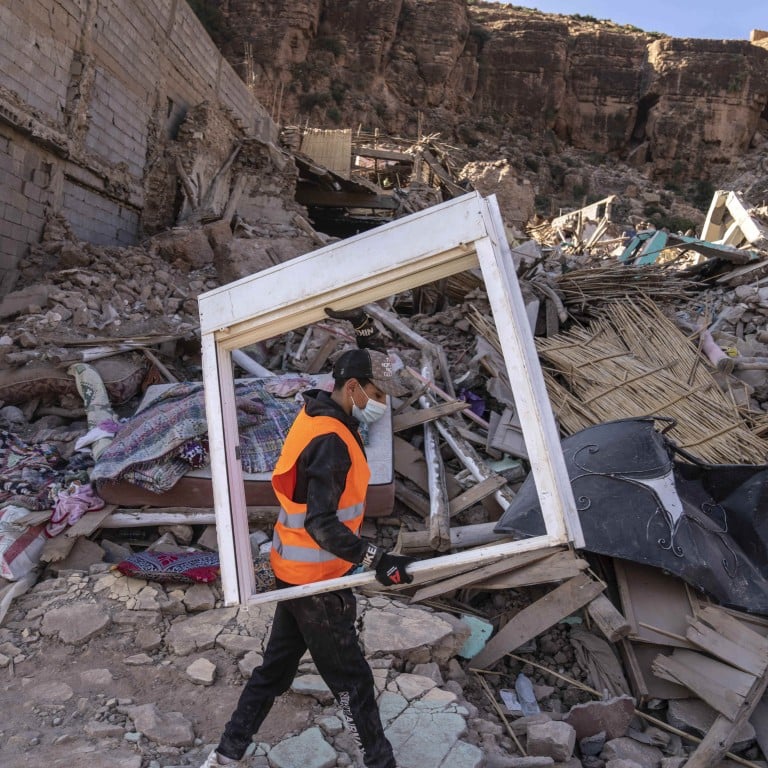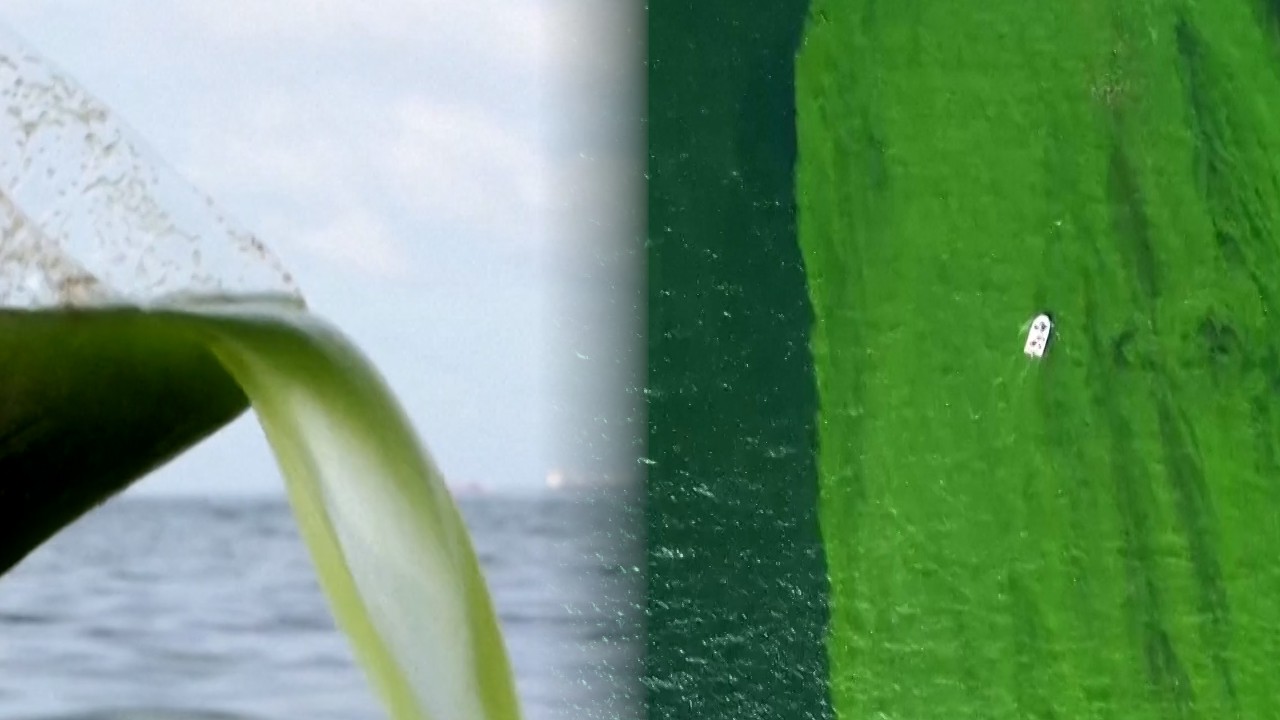
IMF, World Bank make desperate call for cooperation, but is anybody listening?
- As weak growth and high debt forces the Global South to cut critical spending from education to climate mitigation, the Marrakech Principles are yet another rallying call for global cooperation in a divided world that seems likely to go unheeded
Severe shocks were “becoming the new normal for a world that is weakened by weak growth and economic fragmentation”, said IMF managing director Kristalina Georgieva. “Successive shocks since 2020 have pushed global output down by US$3.6 trillion as of this year.” This, according to the IMF, was producing “the weakest medium-term growth outlook in three decades”, with most forecasts “skewed to the downside”.
The good news for those of us in Asia is that regional growth is forecast to remain comparatively strong, at 4.6 per cent this year, the result of which is that Asian economies are expected to account for around two-thirds of global growth.
So “strengthening multilateral and regional cooperation and mitigating the effects of geoeconomic fragmentation are increasingly vital for Asia’s economic outlook”, said the IMF in a blog released on Friday.
The IMF warned of “the diminished ability of individual and business borrowers to service their debt”, with a growing proportion of small and medium-sized enterprises holding “barely enough cash to pay their interest expenses”.
Money spent on servicing debt is taking up more than 40 per cent of revenues in some highly indebted countries, with corporate debt problems likely to worsen next year as more than US$5.5 trillion is due for repayment.
World debt, including from governments, companies and households, reached US$307 trillion in June, according to the Institute of International Finance. This was an increase of US$10 trillion in just the first six months of the year, meaning that global debt accounted for 336 per cent of the world’s gross domestic product.
“Our concern is that countries will have to allocate more and more to interest expenses,” said the report’s lead author Emre Tiftik.
According to an Unctad report, at the end of last year, 59 countries had public debts amounting to at least 60 per cent of their GDP, with 64 countries spending more on repaying debt interest than on either health or education.
As debt crisis widens, relief must be restructured to unlock growth
Beyond the threat of debt costs crowding out education, health and welfare budgets is the diversion of spending from other critically important areas – in particular the slowing down of global warming and the mitigation of the impact of climate change.
“The scarring effects of successive crises are increasingly apparent,” said the IMF, “just as many countries are struggling to overcome high inflation, high debt and significant financing shortfalls to provide basic services, support infrastructure and climate action, and address rising poverty, inequality and fragility.”
In the face of these intensifying challenges, the IMF and World Bank last week unveiled the Marrakech Principles for Global Cooperation.
These focus on reinvigorating inclusive and sustainable growth, building resilience, supporting reforms focused on the climate challenge, pandemic preparedness, the technology revolution, skills development and rebuilding multilateral institutions and international cooperation.
So far, such rallying cries for urgent cooperation have gone unheeded. What hope that the Marrakech Principles will make a difference?
David Dodwell is CEO of the trade policy and international relations consultancy Strategic Access, focused on developments and challenges facing the Asia-Pacific over the past four decades


